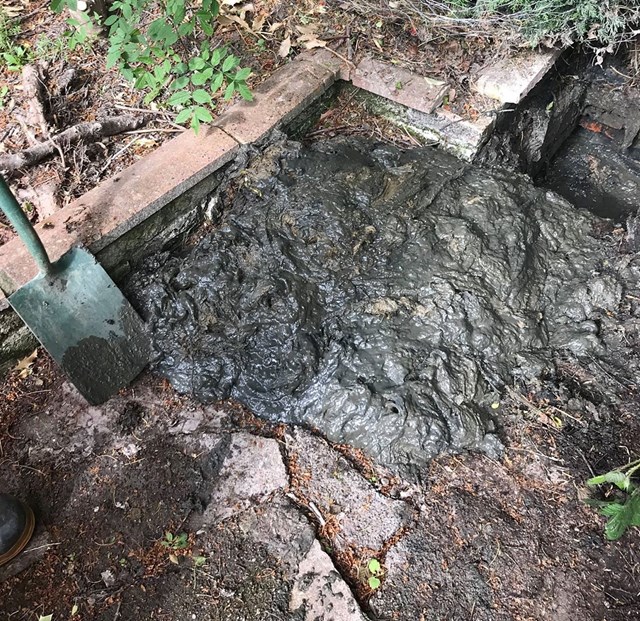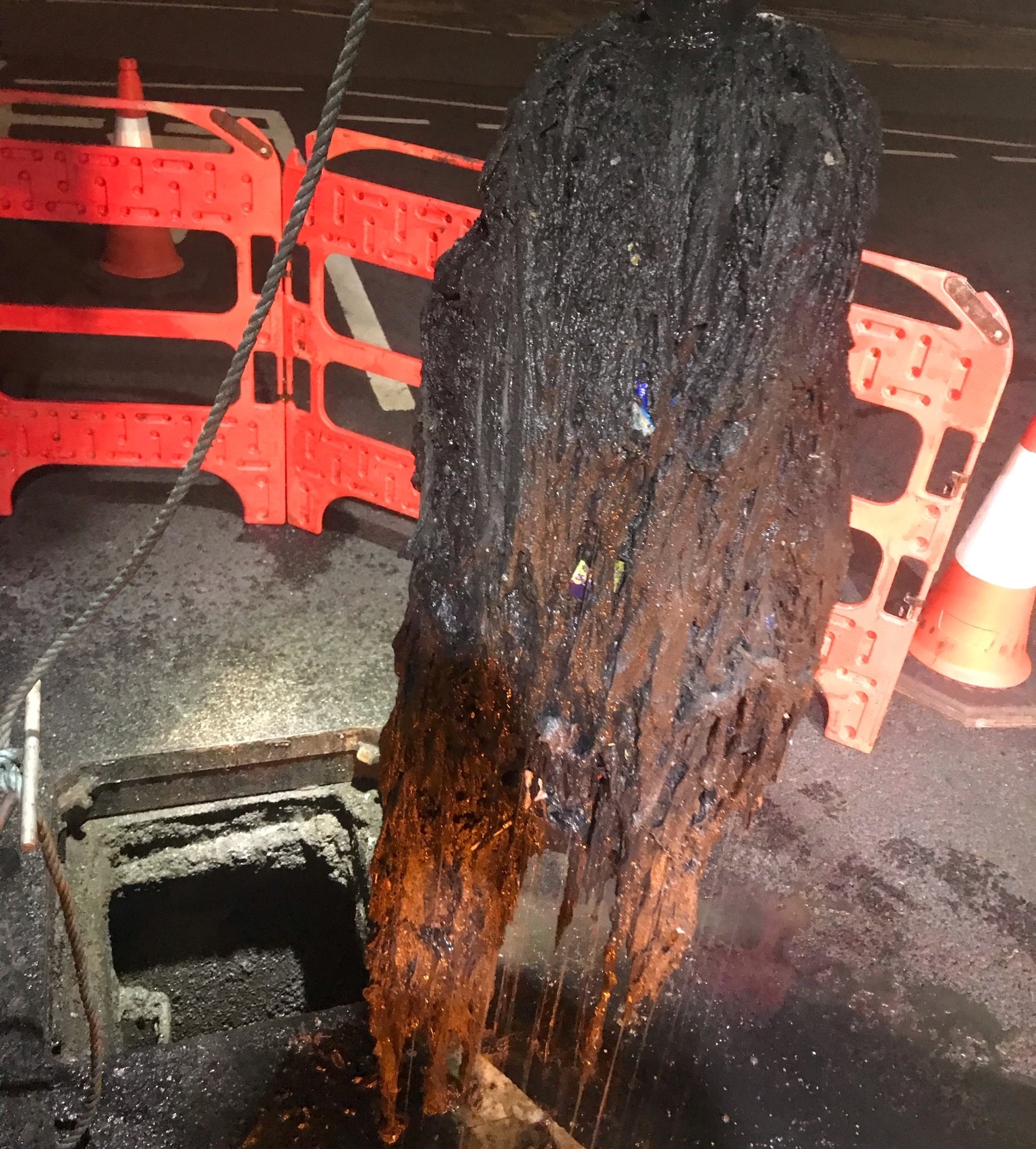Yorkshire Water has called for a ban on plastics in wet wipes and all single-use sanitary items, as well as an end to ‘Fine to Flush’ labelling and the introduction of mandatory ‘Do Not Flush’ warnings on single use sanitary items packaging.
In evidence supplied to the government, Yorkshire Water has also called for an extension of the responsibility of manufacturers to cover the cost of educating customers about correct methods of disposal, and clean-up costs resulting from incorrect disposal.

Ben Roche, director of wastewater at Yorkshire Water, said: “Wet wipes containing plastic, which do not break down in the sewer like toilet paper, are regularly flushed into our sewer network. These have a significant impact on the operation of our network and can lead to restricted toilet use, sewage entering homes and gardens, sewage escapes into the local environment or pollution to local watercourses.
“We have backed Fleur Anderson’s bill to ban plastics in wet wipes and are urging the government to take further action to ban plastics in all single use sanitary items. We are also calling for the government to increase responsibility of manufacturers of all single use sanitary items to cover cost of educating customers about correct methods of disposal, and the clean-up costs that come from incorrect disposal. We millions of pounds of customers’ bills, money which could be better spent elsewhere, to clear these blockages and believe this cost should be covered by manufacturers of wet wipes and plastic-containing sanitary products.
“We have concerns that the current ‘Fine to Flush‘ standard is not reflective of real-world customer behaviour and means many products that pass the standard still have the potential to cause blockages. The standard sends a confusing message to customers and therefore makes behaviour change more difficult. We believe the government should introduce mandatory ‘Do Not Flush’ labelling of single use sanitary items to remove confusion around what can and can’t be flushed down the toilet.”
The UK uses 11 billion wet wipes per year and 90% of those contain plastic. In 2021, 45% of the blockages Yorkshire Water removed from the sewer network in the region were caused by wet wipes being incorrectly flushed down toilets, costing millions of pounds to resolve.
Across the water industry, blockages caused by baby and toddler wipes, cleaning wipes, and facial and hand wipes cost around £100m to clear.



